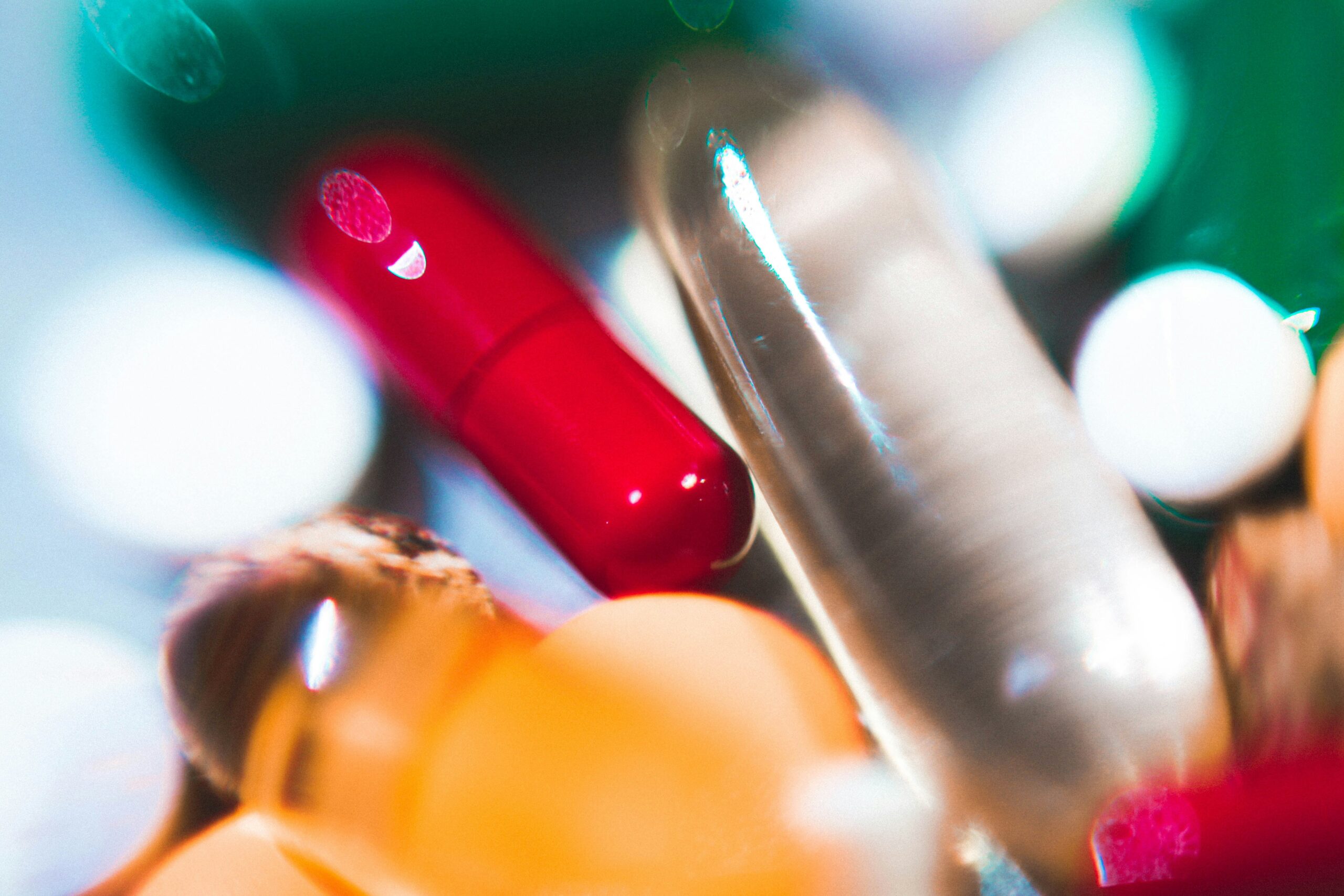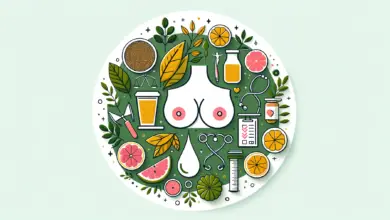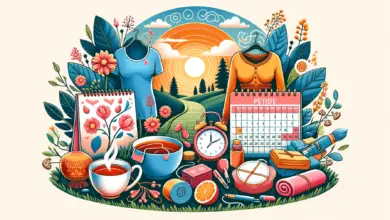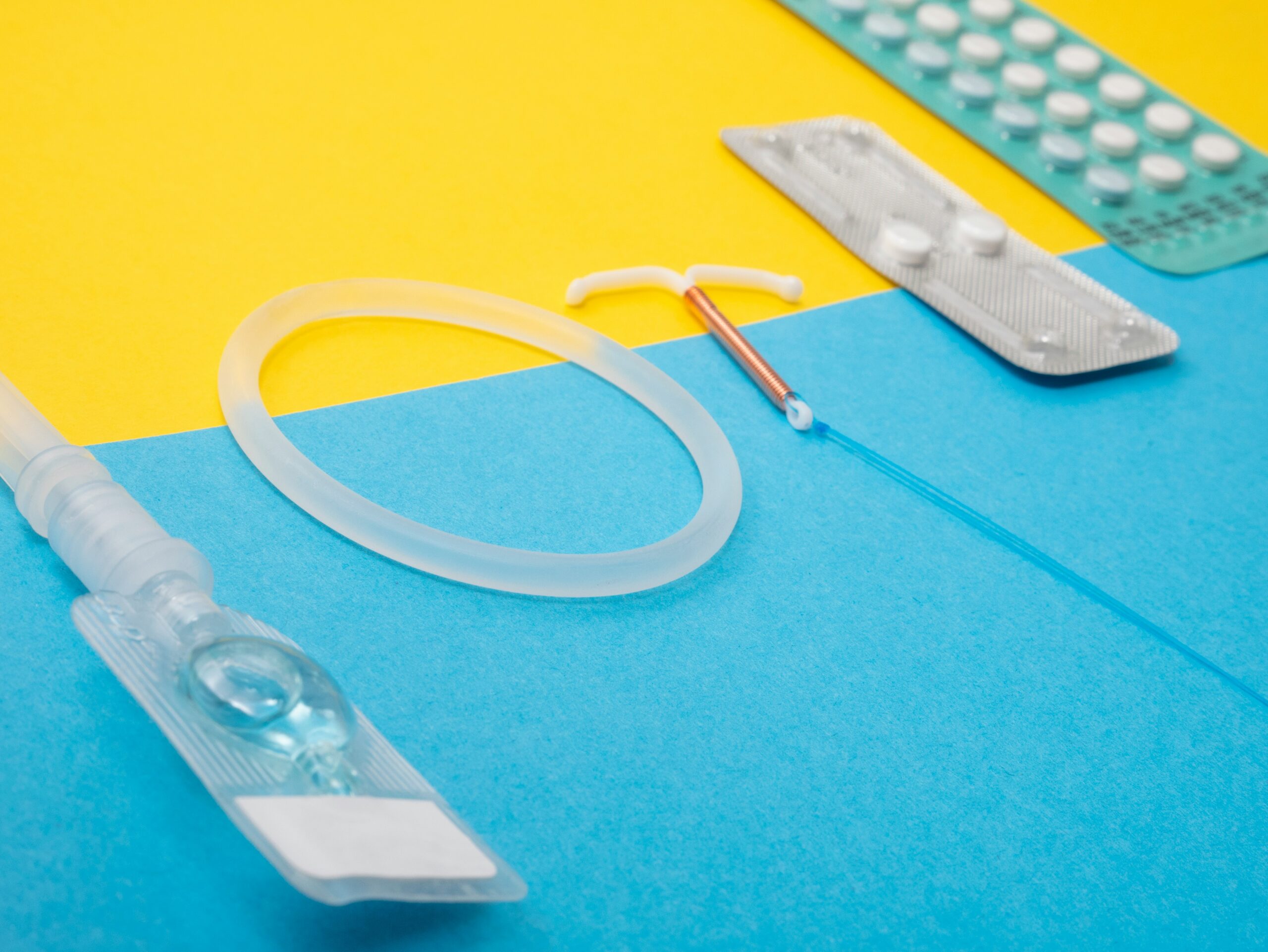Why Do Your Breasts Hurt?
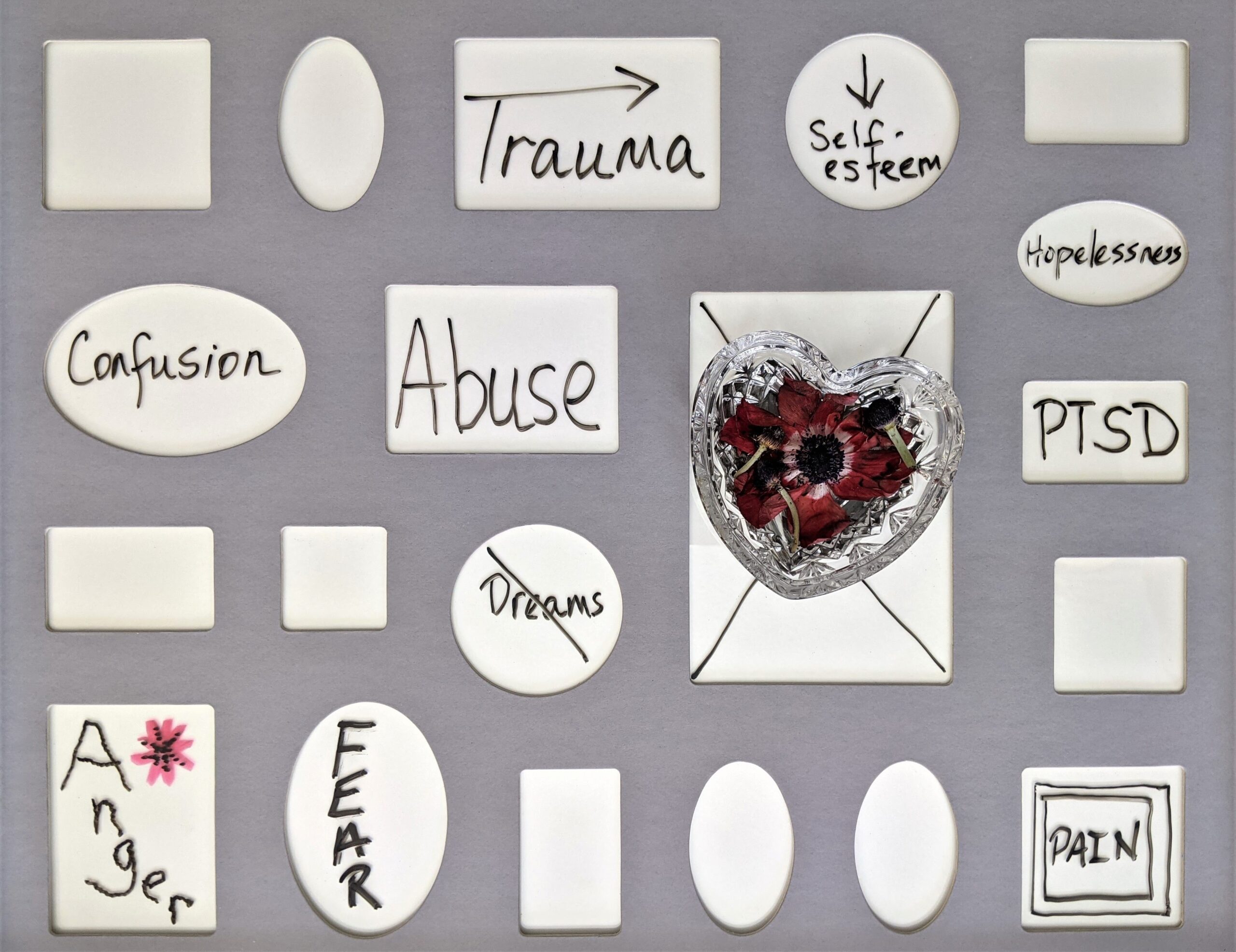
Many women experience breast pain at some point in their lives. It can range from mild discomfort to severe pain, and it may come and go or persist for an extended period. Breast pain can be caused by a variety of factors, and understanding the reasons behind it can help you find relief. In this article, we will explore the common causes of breast pain and discuss ways to alleviate the discomfort.
Hormonal Changes
One of the most common causes of breast pain is hormonal changes. Hormones, such as estrogen and progesterone, fluctuate throughout the menstrual cycle and can lead to breast tenderness and swelling. This type of pain is often described as cyclical, as it tends to occur in a pattern that corresponds with the menstrual cycle. Applying a warm compress and wearing a supportive bra can help alleviate the discomfort.
Additionally, some women may experience breast pain during pregnancy or menopause due to hormonal fluctuations. If you suspect that hormonal changes are causing your breast pain, it is essential to consult with your healthcare provider for further evaluation and guidance.
Breast Cysts
Breast cysts are fluid-filled sacs that can develop within the breast tissue. They are often benign and can cause breast pain, especially when they become large or tender. Breast cysts may feel like lumps and can vary in size. If you notice any new or unusual breast changes, including the presence of a lump, it is crucial to have it evaluated by a healthcare professional. They can determine whether further investigation or treatment is necessary.
Treatment for breast cysts may include draining the fluid or, in some cases, removing the cyst surgically. Your healthcare provider will guide you through the appropriate course of action based on your specific situation.
Muscle Strain
Activities that strain the chest muscles, such as heavy lifting or intense workouts, can lead to breast pain. The pain may feel like it is coming from the breasts, but it is actually originating from the muscles underneath. Resting the muscles, applying ice packs, and taking over-the-counter pain relievers can help alleviate this type of breast pain. If the pain persists or worsens, it is advisable to seek medical attention to rule out any underlying issues.
Breast Infections
Infections, such as mastitis or breast abscesses, can cause breast pain along with other symptoms like redness, swelling, and warmth. These infections often occur during breastfeeding, but they can also develop in women who are not breastfeeding. Seeking prompt medical treatment is crucial to prevent complications and alleviate the discomfort associated with breast infections. Your healthcare provider may prescribe antibiotics or recommend other interventions depending on the severity of the infection.
Fibrocystic Breast Changes
Fibrocystic breast changes refer to noncancerous changes in the breast tissue that can cause lumps, pain, and tenderness. These changes are common and typically occur due to hormonal fluctuations. The pain associated with fibrocystic breast changes is often described as dull and achy. Wearing a well-fitted bra and reducing caffeine intake may help alleviate the discomfort. However, if you notice any new or concerning breast changes, it is crucial to consult with your healthcare provider for proper evaluation and diagnosis.
Medication Side Effects
Some medications, such as hormonal contraceptives or hormone replacement therapy, can cause breast pain as a side effect. If you suspect that your medication is causing breast pain, it is important to discuss your concerns with your healthcare provider. They can assess whether adjusting the dosage or switching to an alternative medication is necessary.
Injury or Trauma
Injury or trauma to the breast, such as a fall or direct impact, can lead to breast pain. If you have experienced any recent injury or trauma and are experiencing breast pain, it is advisable to seek medical attention. Your healthcare provider will evaluate the extent of the injury and recommend appropriate treatment options.
Other Possible Causes
While hormonal changes, breast cysts, muscle strain, breast infections, fibrocystic breast changes, medication side effects, and injury or trauma are common causes of breast pain, there are other potential factors to consider. These include breast cancer, breast surgery, breastfeeding-related issues, and certain medical conditions like costochondritis or shingles. If you are unsure about the cause of your breast pain or if it is accompanied by other concerning symptoms, it is essential to consult with a healthcare professional for proper evaluation and diagnosis.
Conclusion
Breast pain can be uncomfortable and worrisome, but it is often caused by benign factors such as hormonal changes, breast cysts, or muscle strain. However, it is crucial to consult with a healthcare provider to rule out any underlying conditions and receive appropriate guidance. By understanding the various causes of breast pain and seeking timely medical attention, you can find relief and ensure your breast health.

